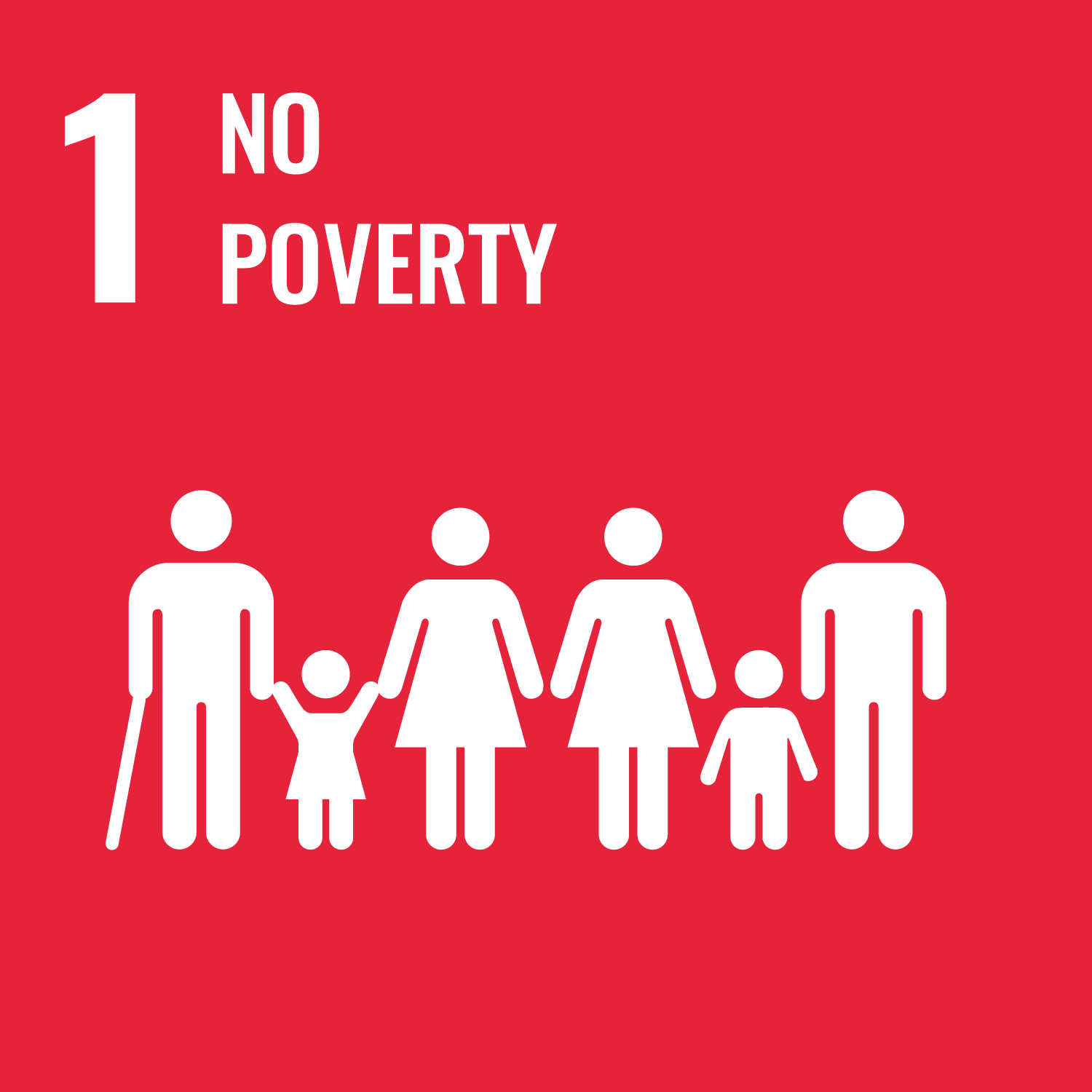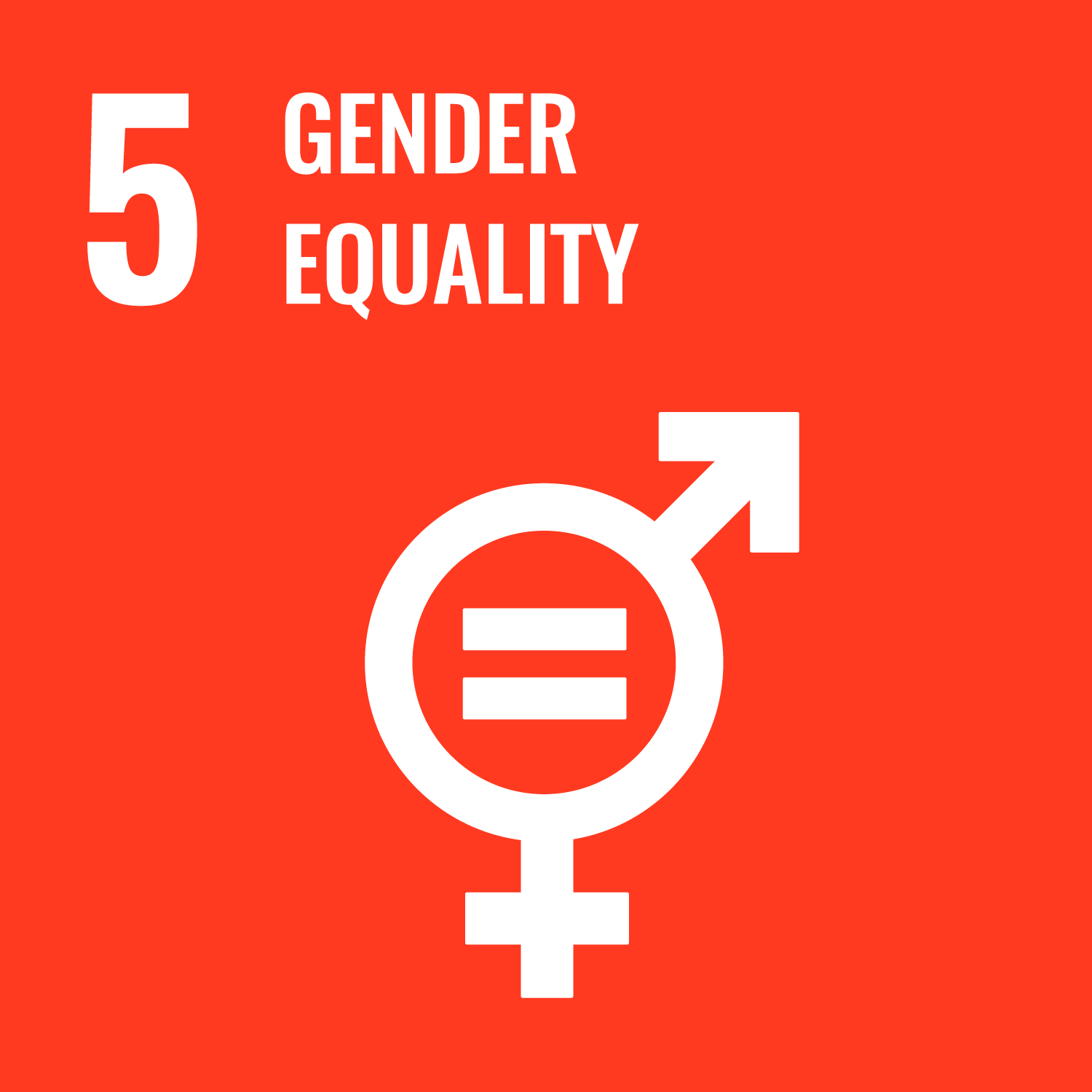In this lecture, we will first learn about the basic concepts and principles of education and their historical changes. We
will also learn about the legal system of school education and various educational practices, and aim to gain basic knowledge
for carrying out educational activities at school. We also aim to learn about "children's rights" and deepen our understanding
of today's educational issues.
This lecture is composed of three parts. First, in "Philosophy of Education," we will consider the fundamental question of what children and schools are. Next, in "History of Education," we will briefly touch on the history of modern education in Japan. Finally, in "Contemporary Educational Issues," we will understand the current educational legislation in Japan, learn about "children's rights," and take up and consider several educational issues.
Notes
Please be sure to check during the guidance as lesson plans and evaluation methods may differ depending on the instructor.
This lecture is composed of three parts. First, in "Philosophy of Education," we will consider the fundamental question of what children and schools are. Next, in "History of Education," we will briefly touch on the history of modern education in Japan. Finally, in "Contemporary Educational Issues," we will understand the current educational legislation in Japan, learn about "children's rights," and take up and consider several educational issues.
Notes
Please be sure to check during the guidance as lesson plans and evaluation methods may differ depending on the instructor.
1. Understand the basic concepts and ideals of education and their historical changes.
2. Understand the relationship between human development and education.
3. Understand the legal system relating to school education in modern Japan.
4. Learn the fundamentals of curriculum design and acquire basic knowledge related to educational activities.
5. Grasp the content of "children's rights" and deepen your understanding of today's educational issues.
2. Understand the relationship between human development and education.
3. Understand the legal system relating to school education in modern Japan.
4. Learn the fundamentals of curriculum design and acquire basic knowledge related to educational activities.
5. Grasp the content of "children's rights" and deepen your understanding of today's educational issues.
- Students will be able to understand historical changes in educational ideals and practices.
- Students will be able to explain the relationship between human development and education.
- Students will be able to understand and explain the educational laws and systems in modern Japan.
- Students will be able to understand the fundamentals of curriculum design.
- Students will be able to consider issues related to children's education and welfare from the perspective of "children's rights."
| プリント課題 | レポート課題 | ポートフォリオ | Total. | |
|---|---|---|---|---|
| 1. | 10% | 8% | 2% | 20% |
| 2. | 10% | 8% | 2% | 20% |
| 3. | 10% | 8% | 2% | 20% |
| 4. | 10% | 8% | 2% | 20% |
| 5. | 10% | 8% | 2% | 20% |
| Total. | 50% | 40% | 10% | - |
1. Print assignments (every time) 50%: To be submitted on Scomb after the lecture. The notes on the printouts will be used
to evaluate students' comprehension of the class content and their participation in group and individual work.
2. Report assignments (twice) 40%: Two assignments will be given: Report assignment A to check students' comprehension of the first half of the content, and Report assignment B to check students' comprehension of the second half of the content. The evaluation criteria will be explained when the assignments are returned.
3. Portfolio 10%: Print assignments, report assignments, the reflection sheet created in the final lecture, and any handouts that students have used as reference will be bound into a file and submitted after the 14th lecture. The content of the reflections will be evaluated.
A total of 60 points or more will be considered a pass (60 points: the minimum level of knowledge required for this lecture has been acquired).
2. Report assignments (twice) 40%: Two assignments will be given: Report assignment A to check students' comprehension of the first half of the content, and Report assignment B to check students' comprehension of the second half of the content. The evaluation criteria will be explained when the assignments are returned.
3. Portfolio 10%: Print assignments, report assignments, the reflection sheet created in the final lecture, and any handouts that students have used as reference will be bound into a file and submitted after the 14th lecture. The content of the reflections will be evaluated.
A total of 60 points or more will be considered a pass (60 points: the minimum level of knowledge required for this lecture has been acquired).
| Class schedule | HW assignments (Including preparation and review of the class.) | Amount of Time Required | |
|---|---|---|---|
| 1. | Guidance: Aims of this lecture | preparation | 100minutes |
| Review | 90minutes | ||
| 2. | Educational Concept 1: What is a "Child"? Human Development and Education | preparation | 100minutes |
| Review | 90minutes | ||
| 3. | Educational Philosophy 2: What is a "School"? The Establishment of Modern School Education and Its Characteristics | preparation | 100minutes |
| Review | 90minutes | ||
| 4. | History of Education 1: Learning Spaces in Early Modern Edo Report assignment A presented |
Review | 100minutes |
| Review | 90minutes | ||
| 5. | History of Education 2: Introduction of the Modern Japanese School System | Review | 100minutes |
| Review | 90minutes | ||
| 6. | History of Education 3: Establishment of the Imperial Rescript on Education | Review | 100minutes |
| Review | 90minutes | ||
| 7. | History of Education 4: New Trends in Education | Review | 100minutes |
| Review | 90minutes | ||
| 8. | History of Education 5: Wartime Training and Postwar Educational Reform | Review | 100minutes |
| Review | 90minutes | ||
| 9. | History of Education 6: Postwar education as seen through changes in the "Course of Study" Report assignment A submission |
Review | 100minutes |
| Review | 90minutes | ||
| 10. | Contemporary educational issues 1: Revision of the Fundamental Law of Education and the education system Report assignment B presentation |
Review | 100minutes |
| Review | 90minutes | ||
| 11. | Contemporary Educational Issues 2: Education for a Multicultural Society (Video Streaming) | Review | 100minutes |
| Review | 90minutes | ||
| 12. | Contemporary Educational Issues 3: Children's Rights and SDGs | Review | 100minutes |
| Review | 90minutes | ||
| 13. | Contemporary Educational Issues 4: Gender, Sexuality and Children Report assignment B submission |
Review | 100minutes |
| Review | 90minutes | ||
| 14. | Retrospective: Portfolio creation and submission | Review | 100minutes |
| Total. | - | - | 2570minutes |
| ways of feedback | specific contents about "Other" |
|---|---|
| Feedback in the class |
Reference books: It is advisable for each student to have their own reference book to use for review.
木村元・小玉重夫・船橋一男(2019)『教育学をつかむ(改訂版)』有斐閣
木村元・小玉重夫・船橋一男(2019)『教育学をつかむ(改訂版)』有斐閣
・Students participating in classes via Zoom will upload handouts to be used during class to Scomb, so each student must download
them and print them out on paper. Pen tablets are generally not permitted.
・Students participating in classes face-to-face will not need to print out assignments, reports, etc., as they will be distributed by the instructor during class.
・Students participating in classes face-to-face will not need to print out assignments, reports, etc., as they will be distributed by the instructor during class.
- Before and after class.
- Please contact us in advance via email to arrange the date and time of your visit.
- Course that cultivates a basic problem-solving skills
- Course that cultivates a basic interpersonal skills
- Course that cultivates an ability for utilizing knowledge
- Course that cultivates a basic self-management skills
| Work experience | Work experience and relevance to the course content if applicable |
|---|---|
| N/A | 該当しない |








- 1.NO POVERTY
- 3.GOOD HEALTH AND WELL-BEING
- 4.QUALITY EDUCATION
- 5.GENDER EQUALITY
- 10.REDUCED INEQUALITIES
- 11.SUSTAINABLE CITIES AND COMMUNITIES
- 16.PEACE, JUSTICE AND STRONG INSTITUTIONS
- 17.PARTNERSHIPS FOR THE GOALS
Last modified : Tue Feb 18 04:08:52 JST 2025
